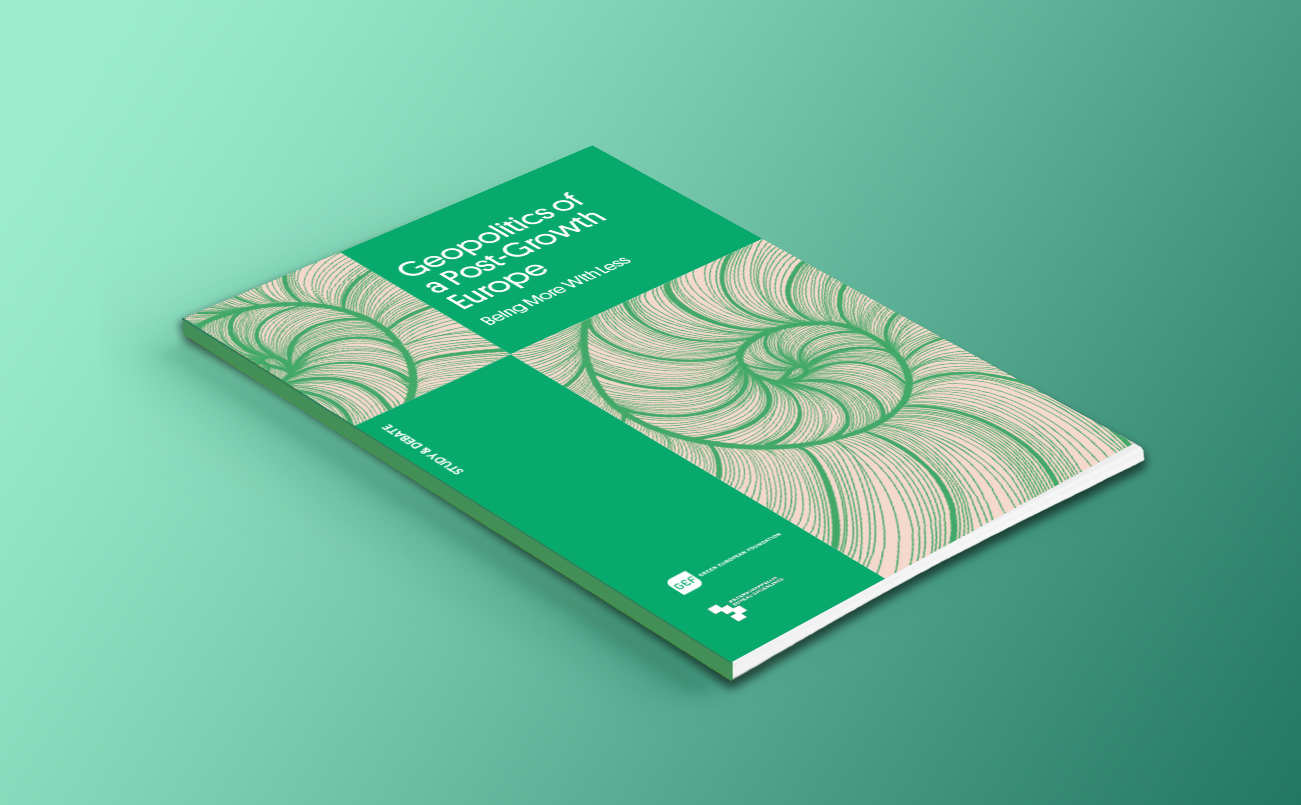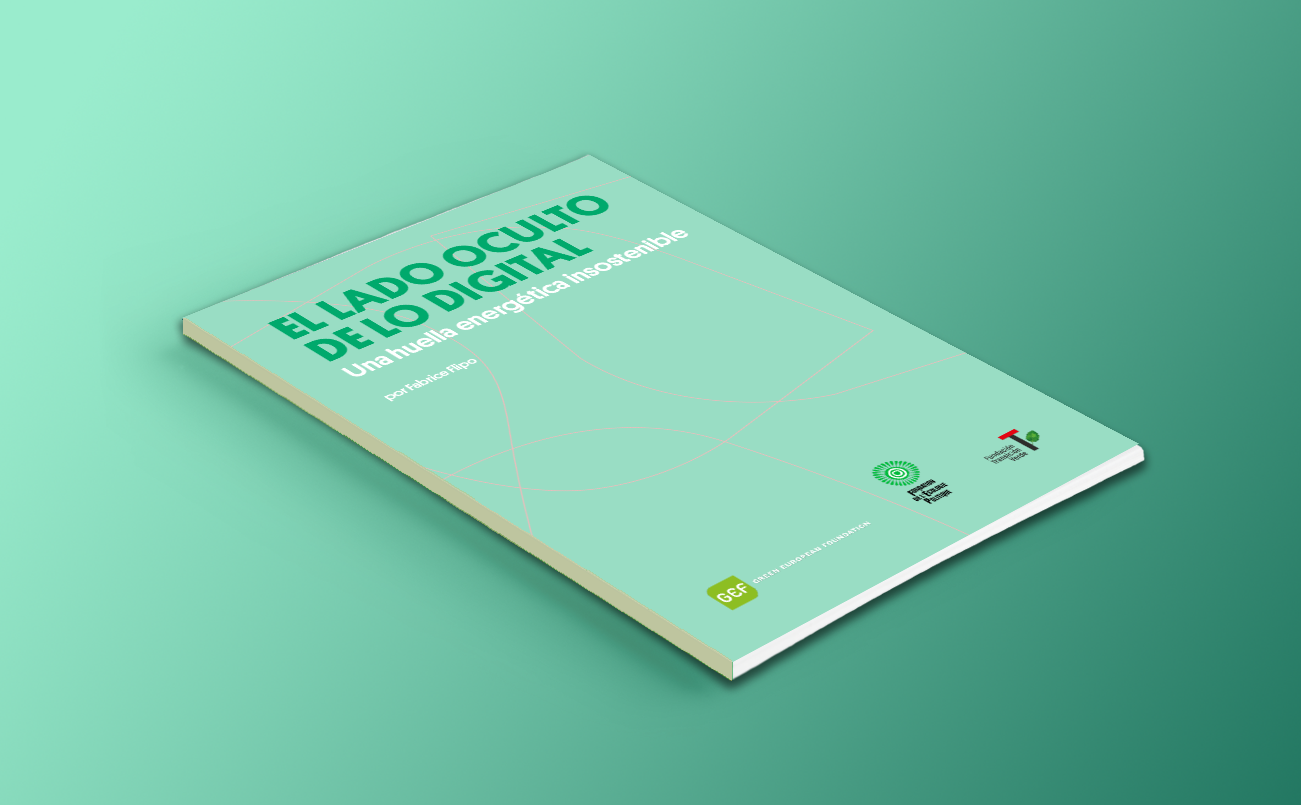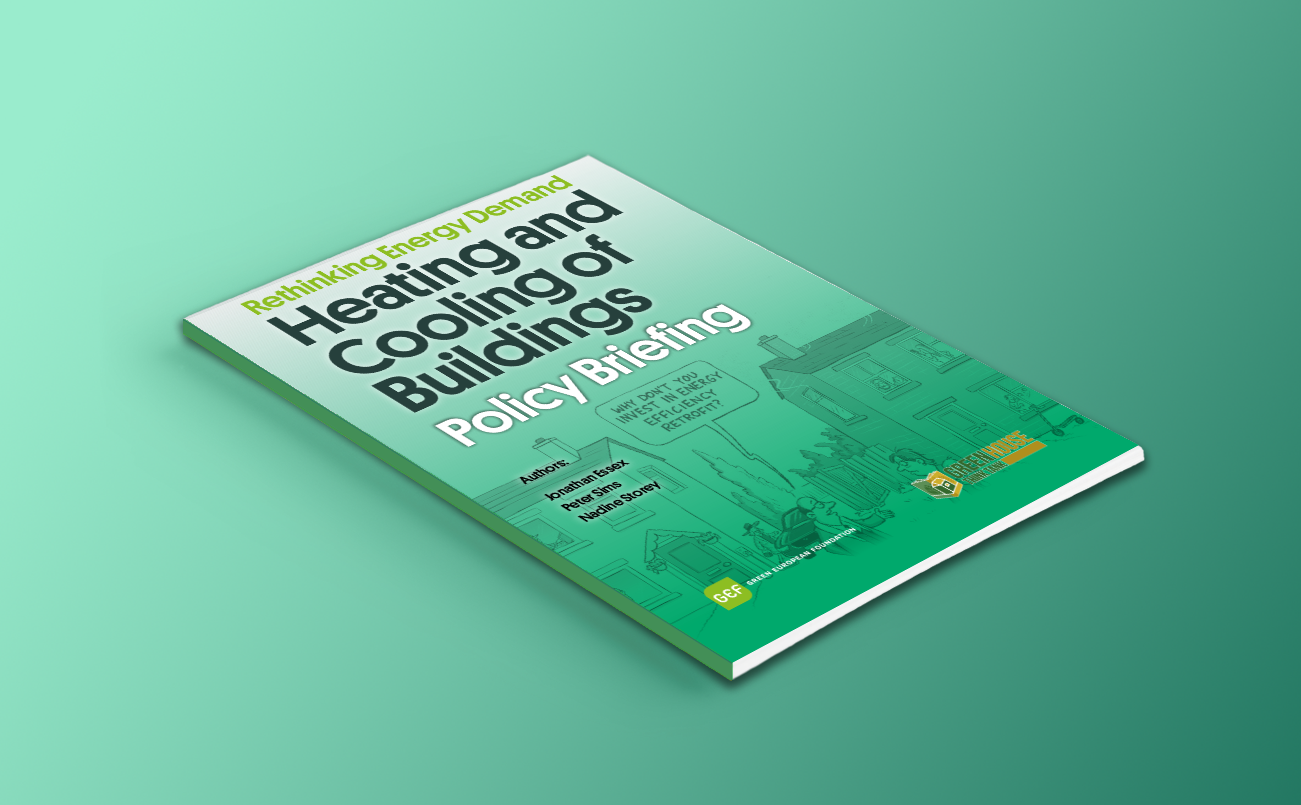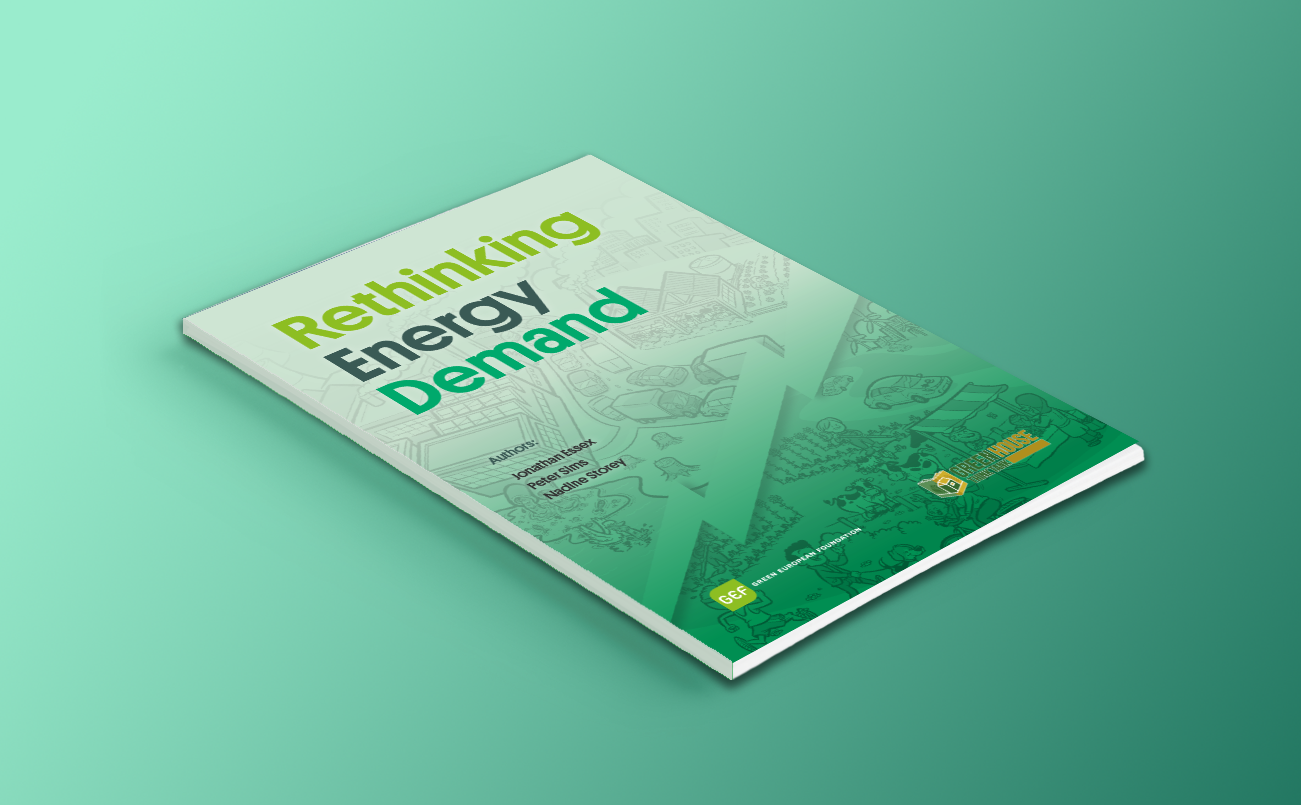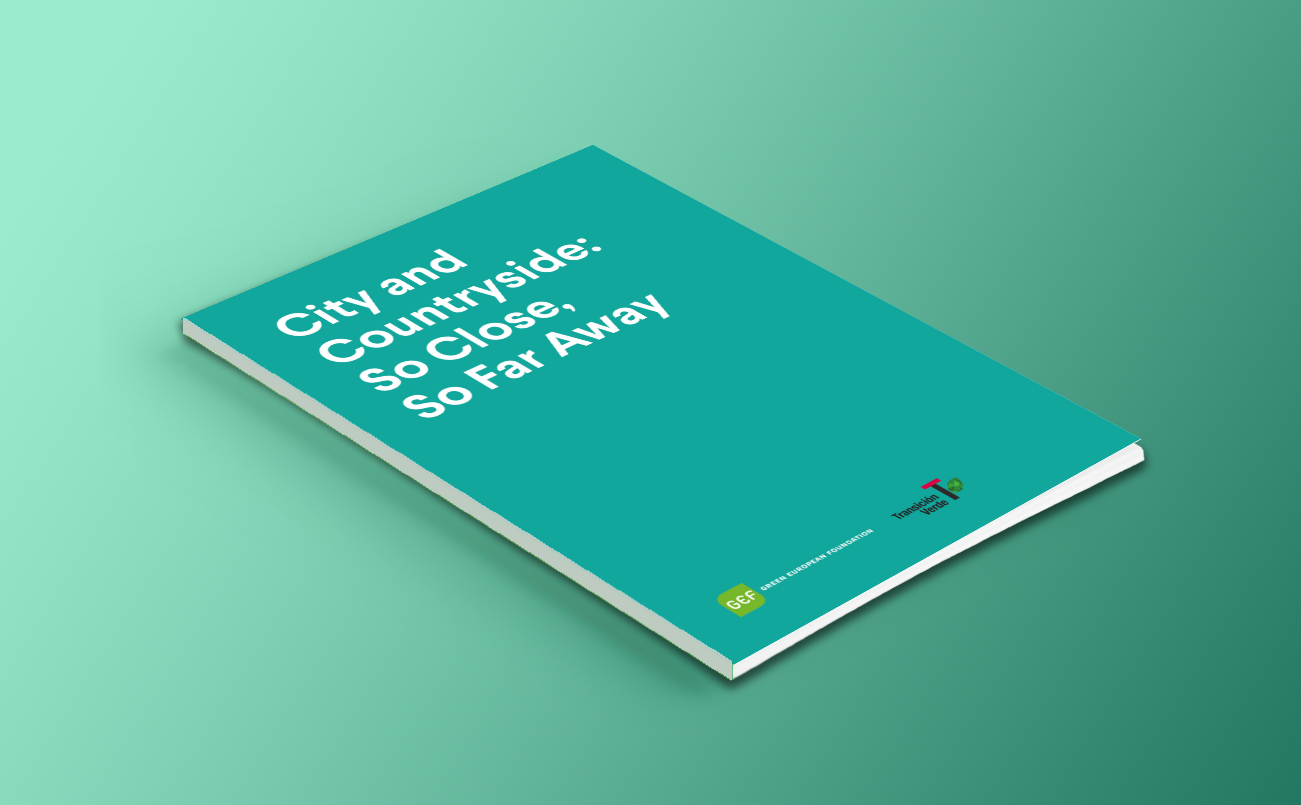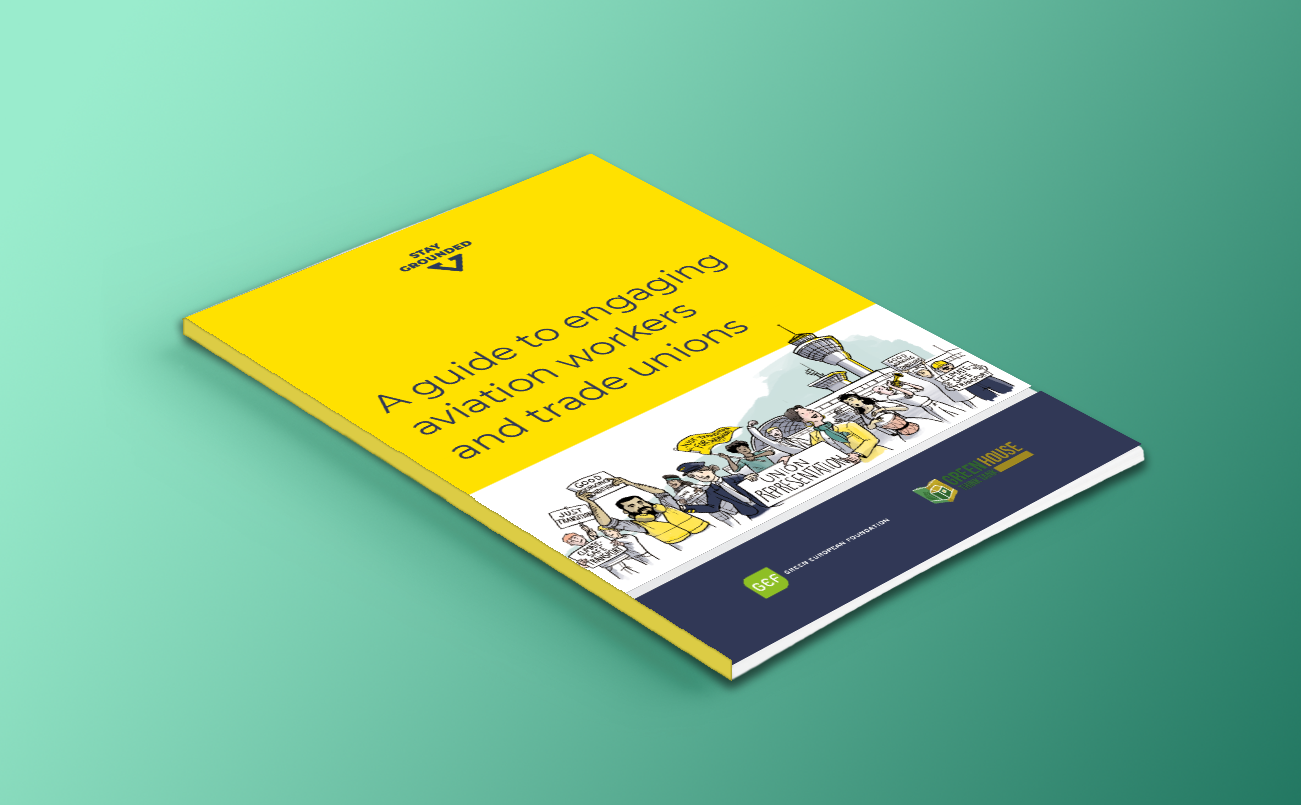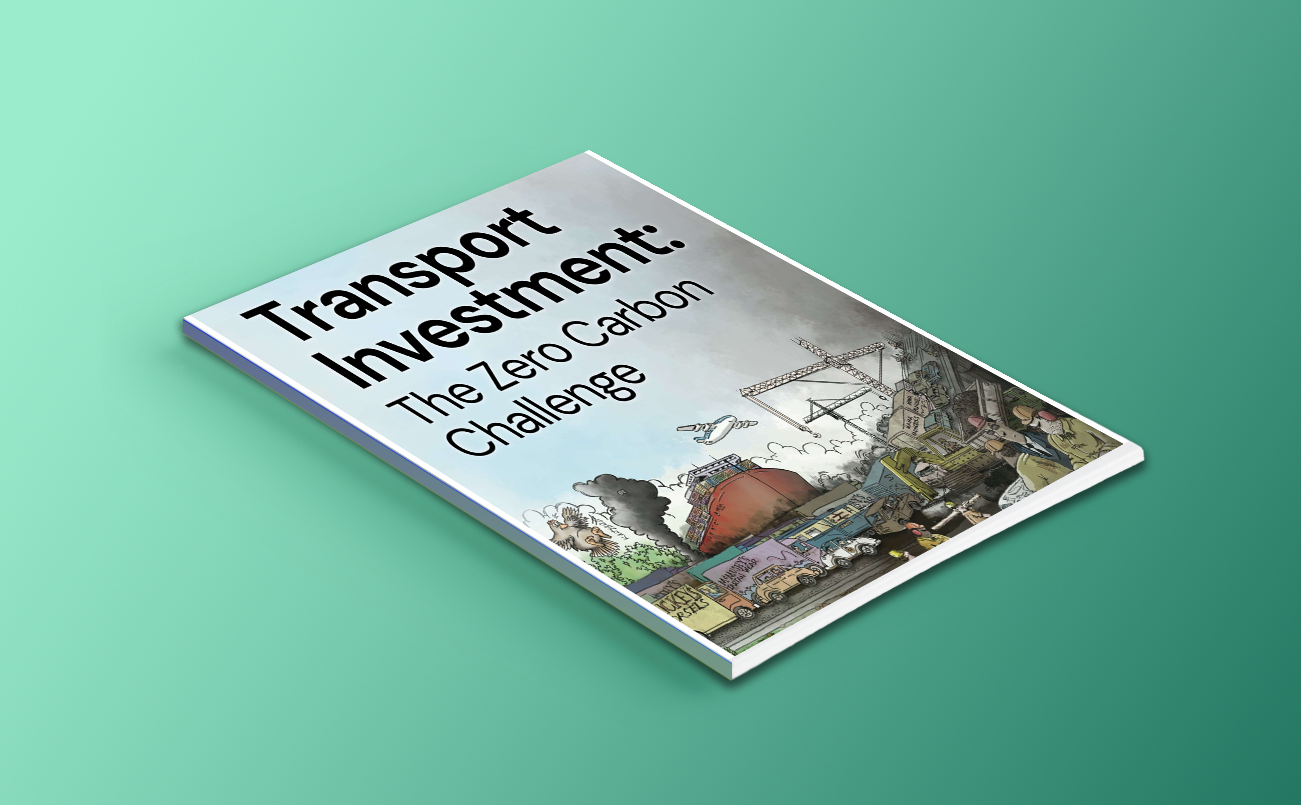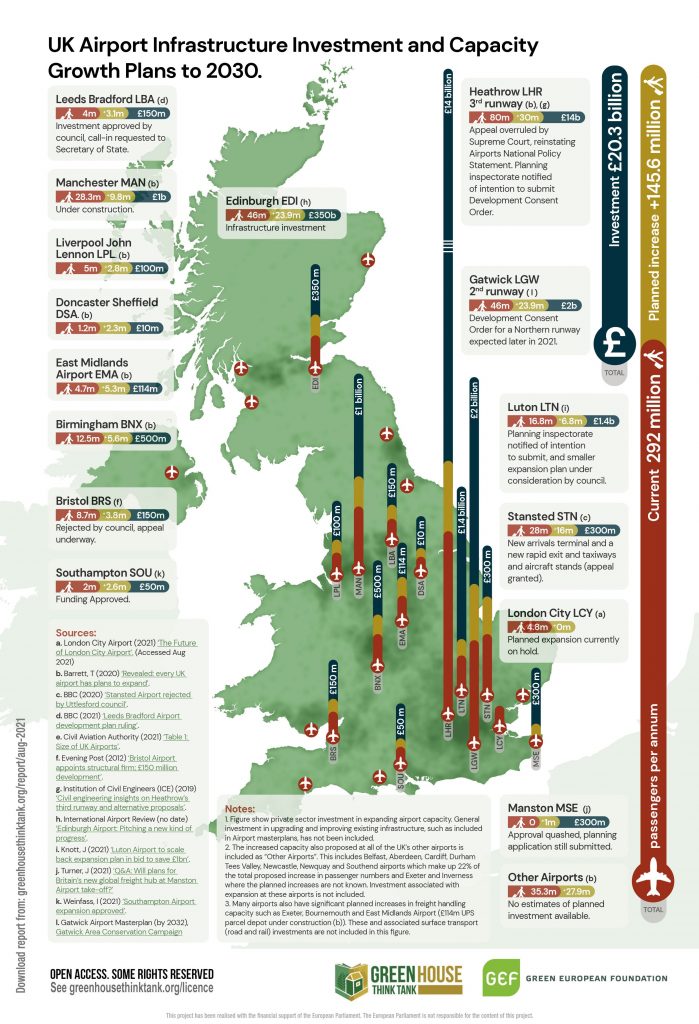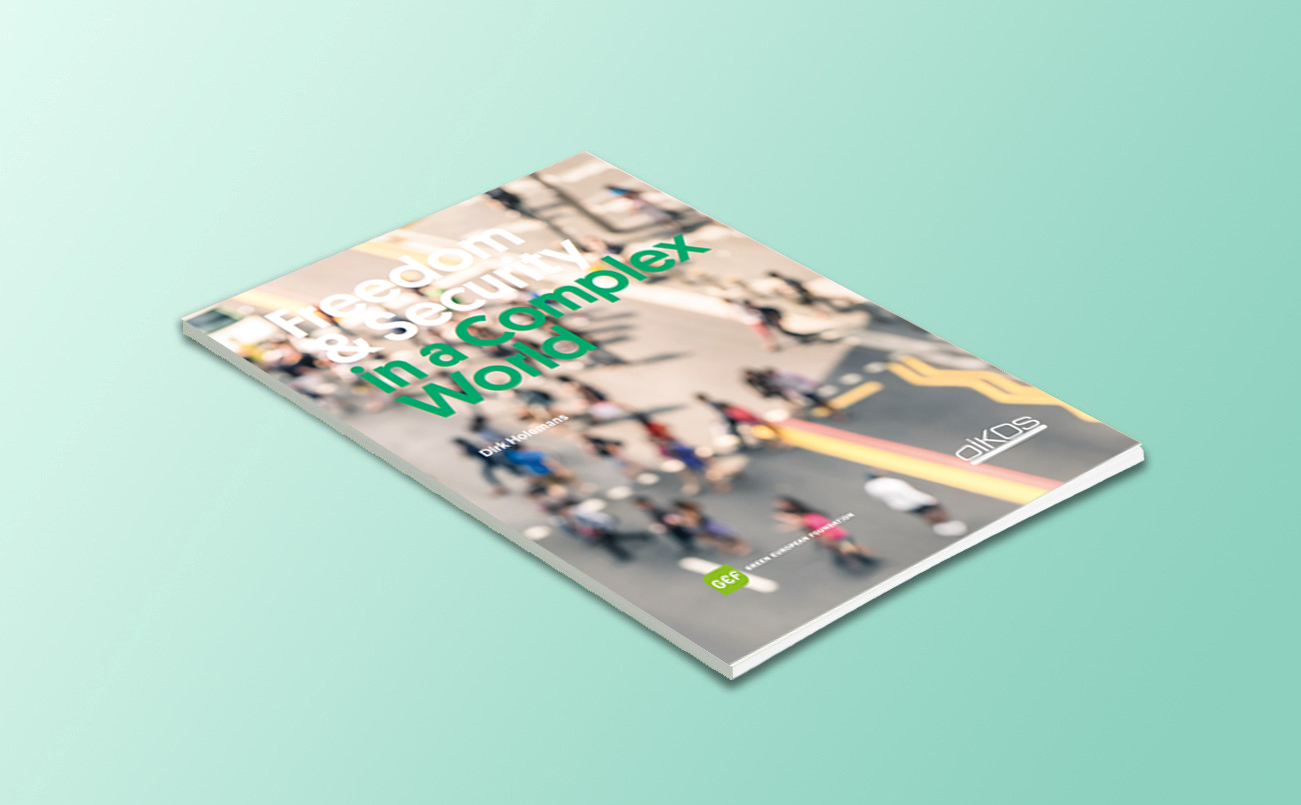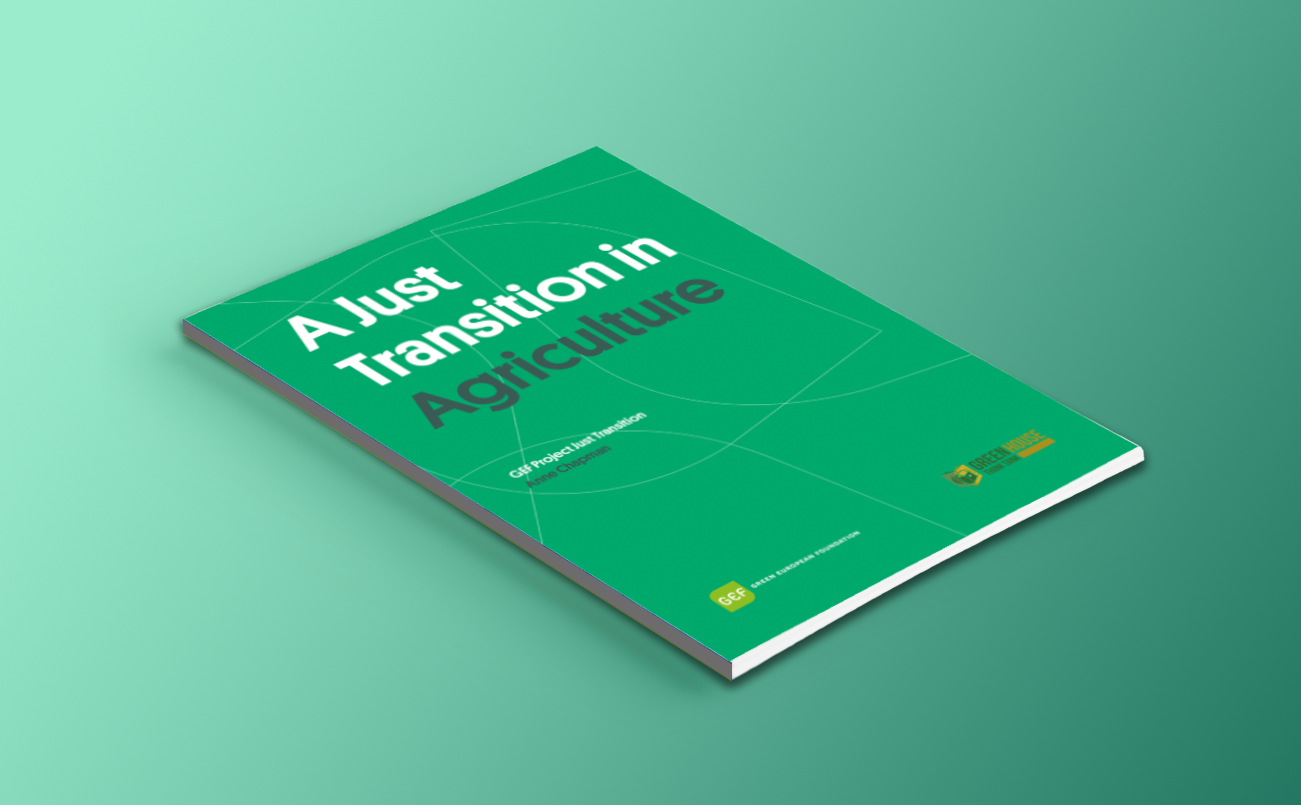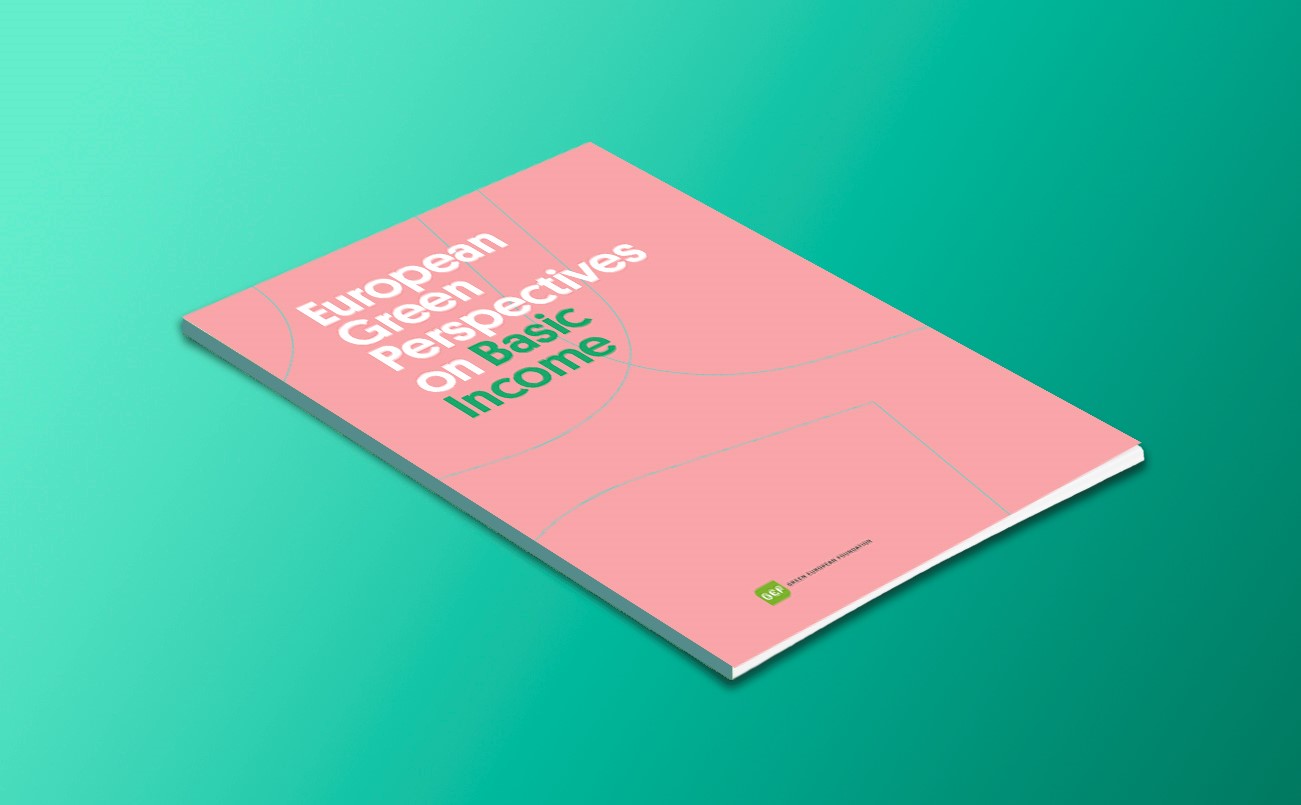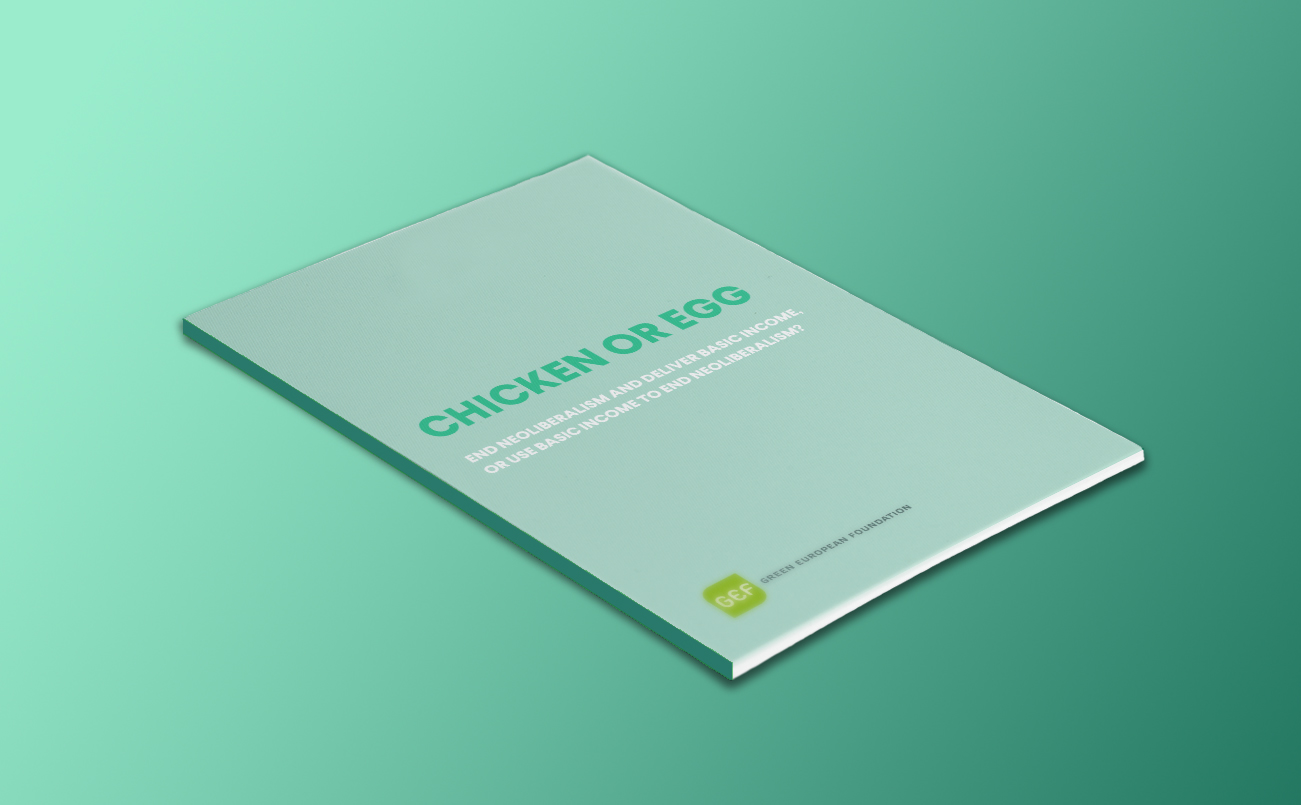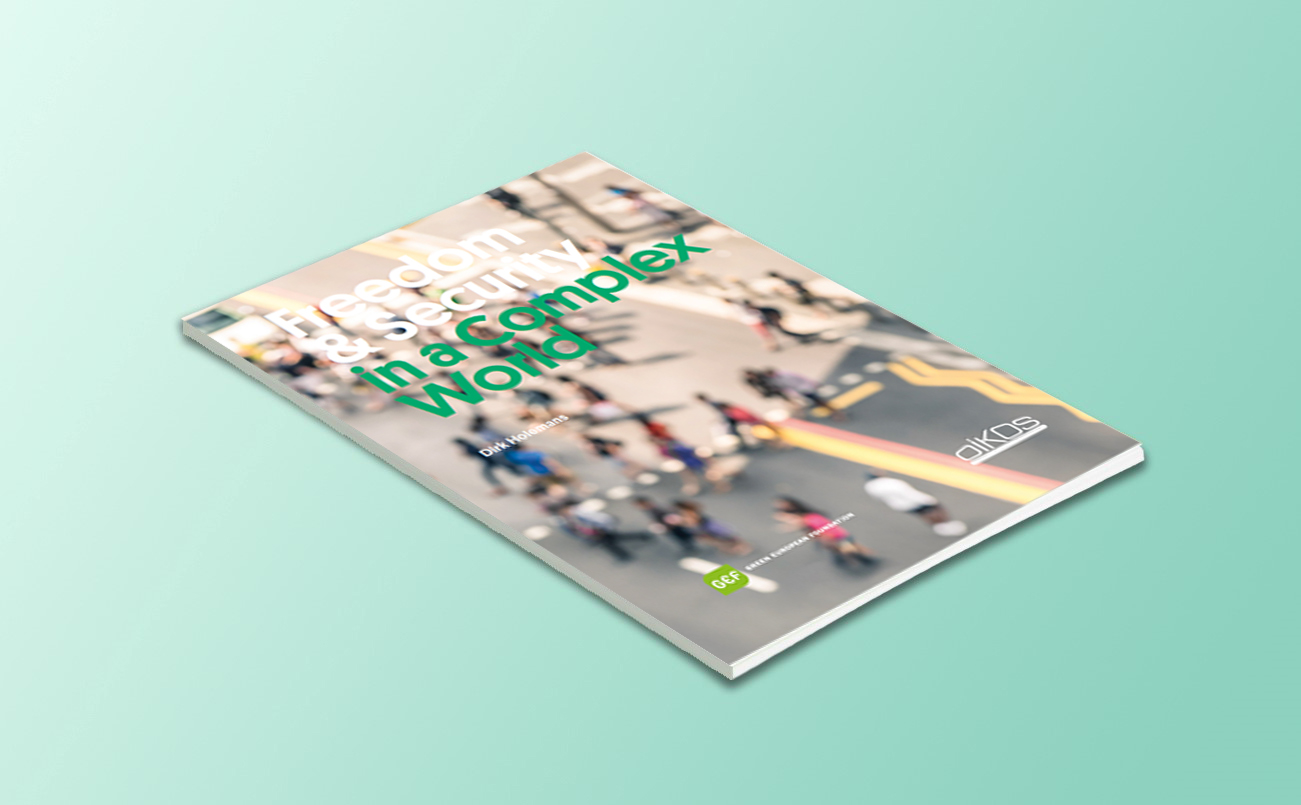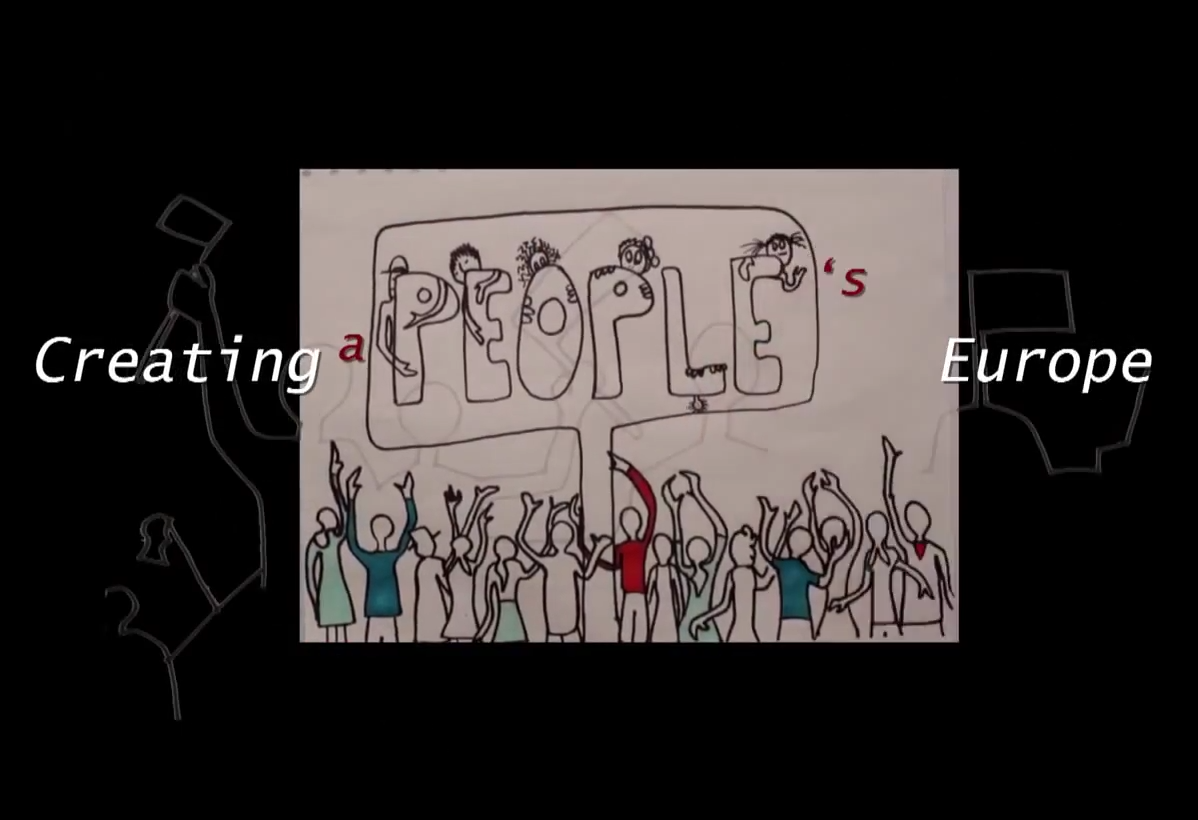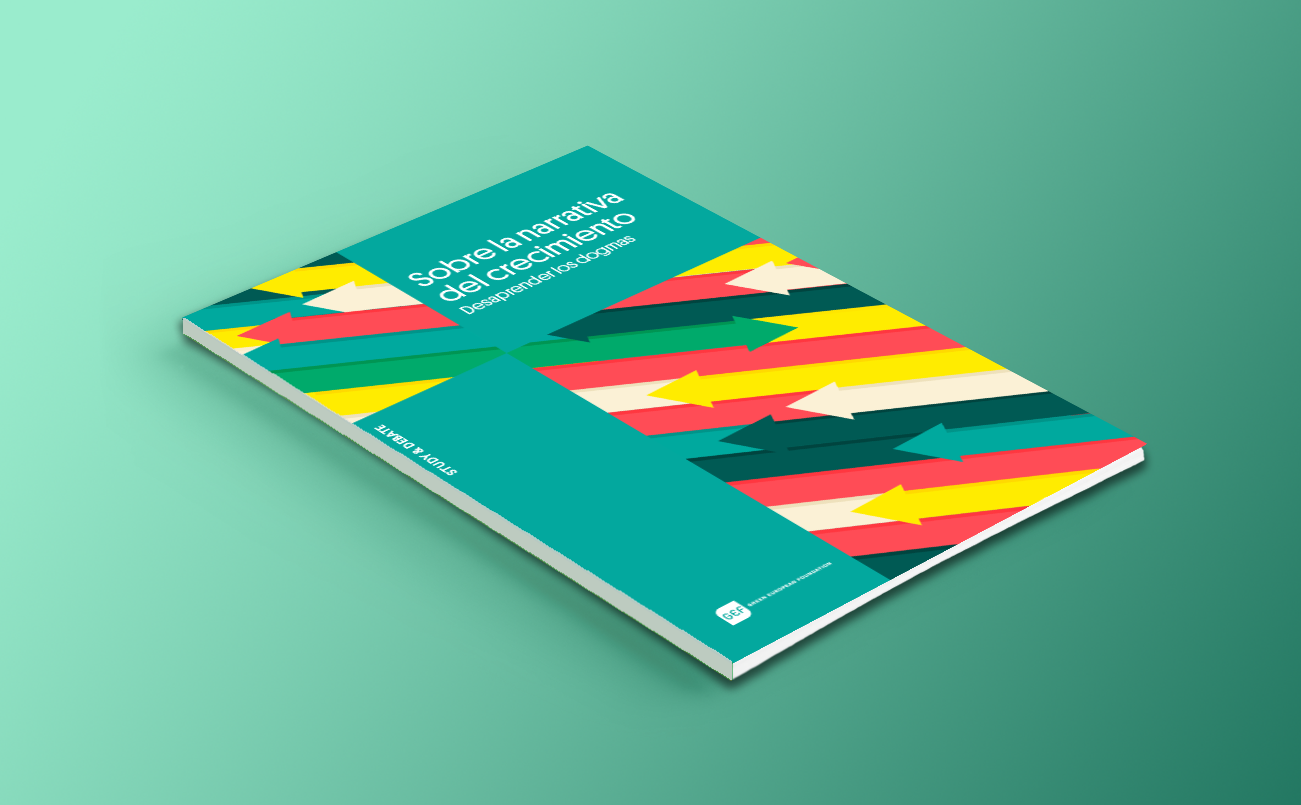
Context
This study explores how the growth narrative, once seen as the only measure of progress, is now being challenged by alternative viewpoints. It investigates the emergence of new societal narratives emphasizing values beyond mere economic growth. Through qualitative research rooted in the Spanish context, this publication aims to stimulate discussions on Europe’s future.
Objectives
This publication seeks to broaden the discourse surrounding the predominant socio-economic model centered on growth and encourages exploration of alternative visions, particularly through a degrowth perspective.
Project Background
Today, economic growth is still perceived as a sine qua non-condition for development. The hegemonic growth narrative leaves no room to explore alternative paths at the political level. The need to grow is so deeply rooted in this society that a political alternative seeking to limit growth is often outright rejected by the political and media establishment, as it poses a threat to the prevailing economic model. Reaching broader support inevitably involves combating the dominant narrative. This project aims to promote the questioning of faith in economic growth as the only way to prosperity. Encouraging society to reflect on the contrived growth narrative is essential to pave the way for post-crescent economic alternatives and green political thinking.
Available Translations
Spanish
This report has been realised by the Green European Foundation with the support of Transicion Verde and the financial support of the European Parliament to the Green European Foundation. The European Parliament is not responsible for the content of this publication.

